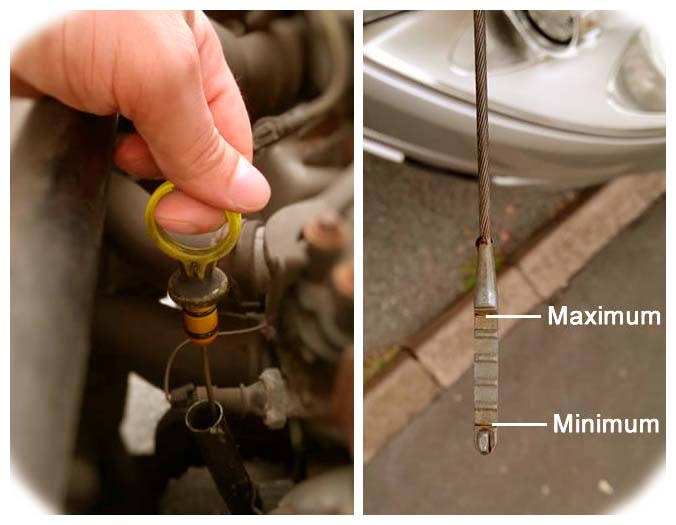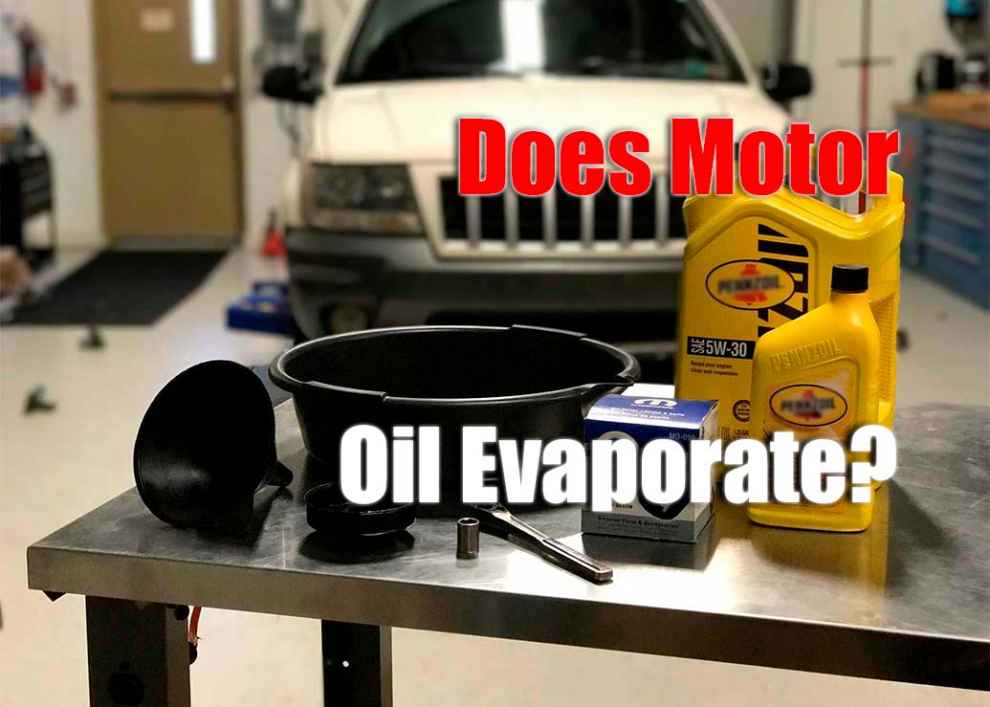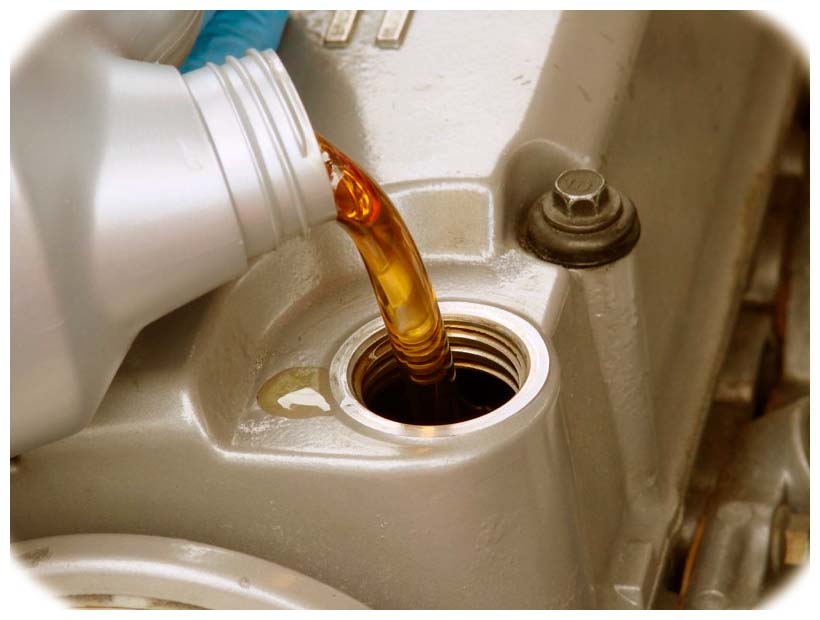When it comes to maintaining your car, changing, and checking your motor oil is a critical part of the process. But what happens to motor oil when it’s left in the engine too long? Does motor oil evaporate? In this article, we’ll answer that question and more as we look at the evaporation of motor oil and its effects on engine performance.
What is Motor Oil?
Motor oil is a lubricant used in internal combustion engines to lubricate moving parts, reduce wear and tear, reduce friction, improve fuel economy, prevent corrosion of internal engine parts, and keep the engine cool. It is made up of base oils that provide viscosity along with additives that reduce oxidation (oil breakdown) and improve its performance.
 Does Motor Oil Evaporate?
Does Motor Oil Evaporate?
Yes. Motor oil can evaporate over time due to changes in temperature or chemical makeup. High temperatures cause the lightest molecules in motor oil—the hydrocarbons—to evaporate first while leaving behind heavier molecules like waxes or esters, which can increase viscosity over time. The presence of oxygen or other chemicals in the environment can also cause some of its components to break down or evaporate.
Causes of Motor Oil Evaporation
Motor oil evaporation can be caused by a variety of factors including high engine operating temperatures, low oil levels, fuel dilution, and the presence of oxygen or other chemicals in the environment. High engine operating temperatures break down the molecules in motor oil faster resulting in more rapid evaporation. Low oil levels cause less motor oil to be exposed to heat, resulting in a higher rate of evaporation. Fuel dilution causes motor oil to become thinner resulting in quicker evaporation. Finally, the presence of oxygen or other chemicals can accelerate the chemical breakdown and cause some components to evaporate faster than others.
Effects of Motor Oil Evaporation
Over time, motor oil evaporates, which causes a decrease in its viscosity leading to decreased lubrication and protection for your engine parts. The decreased lubrication can lead to increased friction between moving parts which can result in greater wear and tear on your engine, as well as an increase in emissions due to increased combustion temperatures. It can also lead to reduced fuel economy due to increased friction on pistons and cylinders as they move around inside the engine block.
How to Check for Oil Loss

Preventing Motor Oil Evaporation
There are few steps you can take for reducing the rate of motor oil evaporation in your vehicle. The first step is to make sure you are changing your motor oil regularly as recommended in your vehicle’s owner’s manual. This will ensure that fresh oils with higher viscosity will remain in the engine to lubricate its parts and keep them cool while reducing friction between moving parts. Additionally, it is important to keep your engine cool by using a fan or water pump if you drive in hot climates or during long highway trips when the outside temperature is high. Finally, try to avoid fuel dilution by keeping an eye on fuel usage and making sure not to overfill the tank when refueling.
Conclusion
Motor oil is an essential part of a vehicle’s engine, but it can evaporate over time due to high temperature, low oil levels, fuel dilution, and the presence of oxygen or other chemicals. This evaporation can cause decreased lubrication and protection for your engine parts leading to an increase in wear and tear as well as reduced fuel efficiency. To prevent motor oil evaporation, it is important to change your motor oil regularly and maintain your engine at a cool temperature while avoiding fuel dilution as much as possible.

 Does Motor Oil Evaporate?
Does Motor Oil Evaporate?
Add Comment